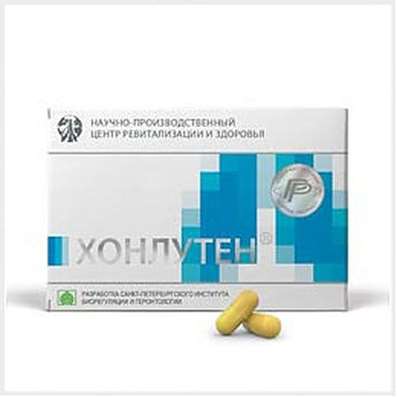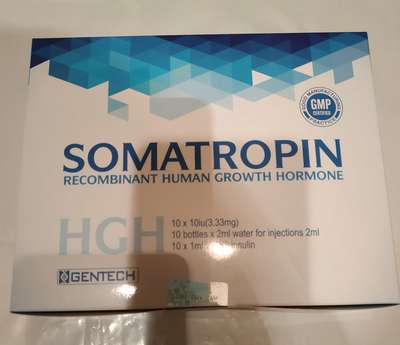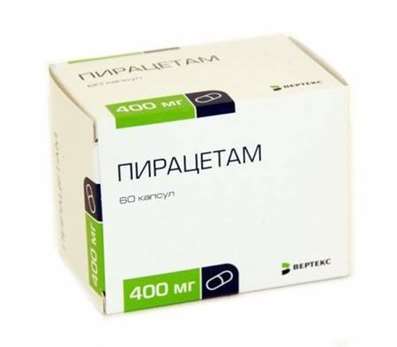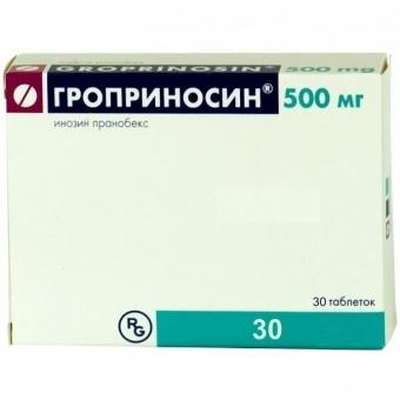Instruction for use: Carbachol (Carbacholum)
I want this, give me price
Chemical name
2 - [(Aminocarbonyl) oxy] -N, N, N-trimethylethanamine chloride
Pharmacological group
M-, n-holinomimetiki, incl. Anticholinesterase agents
Ophthalmic products
Nosological classification (ICD-10)
H40 Glaucoma
glaucoma intervention., Afakicheskaya glaucoma, narrow-angle glaucoma, Chronic glaucoma, Chronic open-angle glaucoma, Wide-angle glaucoma
Code CAS
51-83-2
Characteristics of Carbachol
White crystalline hygroscopic powder. Very easily soluble in water, it is difficult - in alcohol.
Pharmacology
Pharmacological action - antiglaucoma.
Unlike acetylcholine, it is not hydrolyzed by true cholinesterase, which is why the effect is more prolonged. When instilled in the eye, the pupil narrows (miosis develops after 15-20 minutes and lasts 4-8 hours), increases the clearance of the fountain spaces and the helmet channel, reduces intraocular pressure (the pressure drop begins in 20-30 minutes and reaches a maximum after 2-3 hours ). Hydroxyethyl cellulose, as a rule, is part of the preparations, contributes to better penetration of carbachol through the cornea. It binds to the m- and n-cholinergic receptors of the postsynaptic membrane of the cholinergic synapses and excites them, simulating the effect of the mediator (acetylcholine).
Indications
Acute and chronic glaucoma.
Contraindications
Hypersensitivity.
Restrictions on the use
Defects of the cornea (special care is required).
pregnancy and lactation
The action category for fetus by FDA is C.
Side effects
Headache, a burning sensation in the eye, a slight congestion hyperemia. People over the age of 40 may experience changes in the lens.
Overdose
Headache, sensation of severe burning in the eye, congestion hyperemia.
Routes of administration
Conjunctival.

 Cart
Cart





